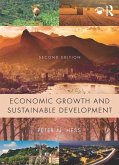
eBook, PDF
26. Mai 2016
Taylor & Francis eBooks
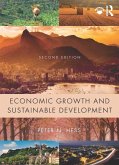
eBook, ePUB
26. Mai 2016
Taylor & Francis eBooks
Gebundenes Buch
Determinants of Fertility Transition
6. Oktober 1988
Praeger
Ähnliche Artikel
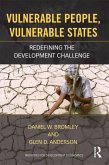
eBook, PDF
10. September 2012
Taylor & Francis eBooks
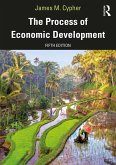

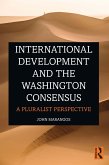
eBook, PDF
16. Juli 2020
Taylor & Francis eBooks
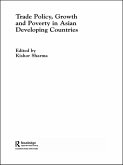
eBook, PDF
8. Dezember 2003
Taylor & Francis eBooks


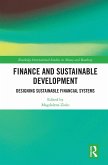
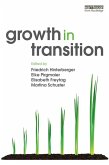

Ähnlichkeitssuche: Fact®Finder von OMIKRON
